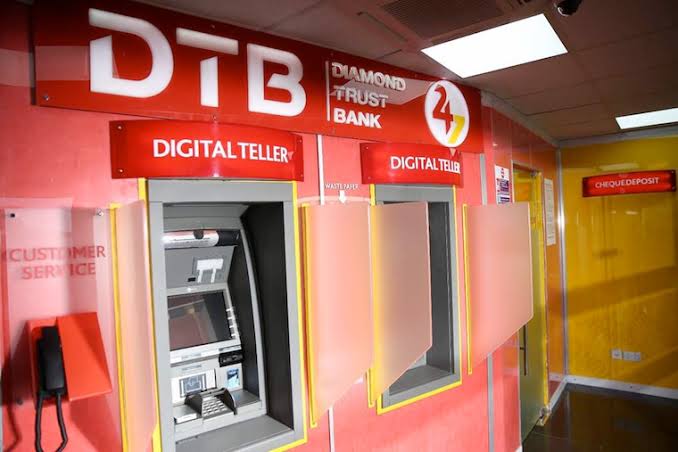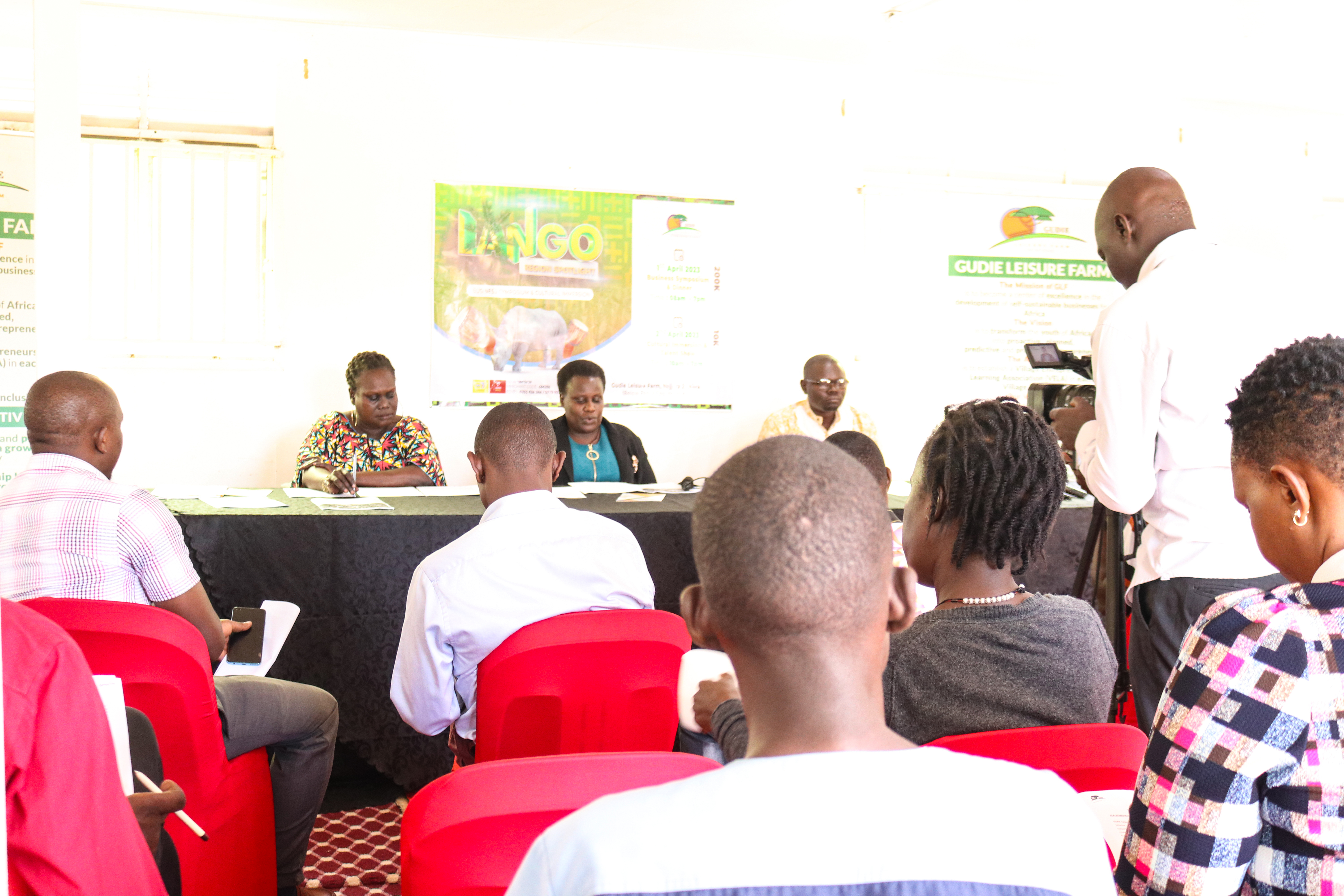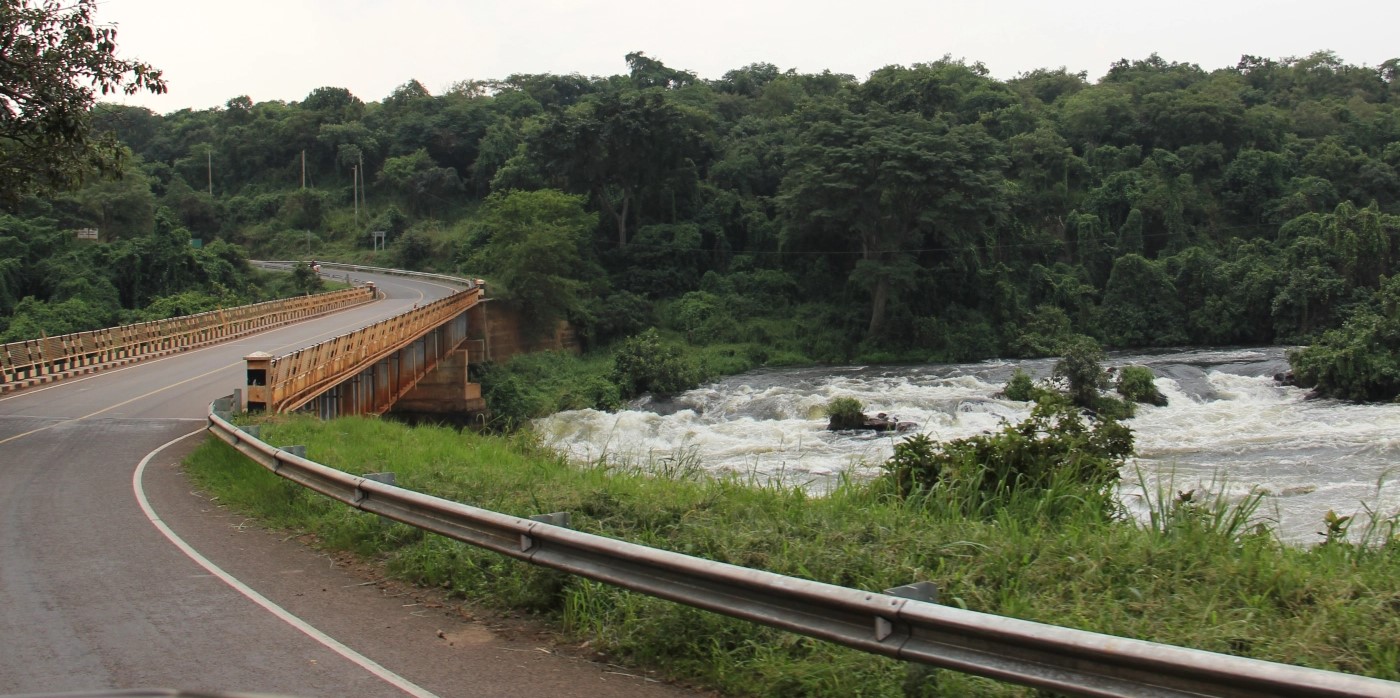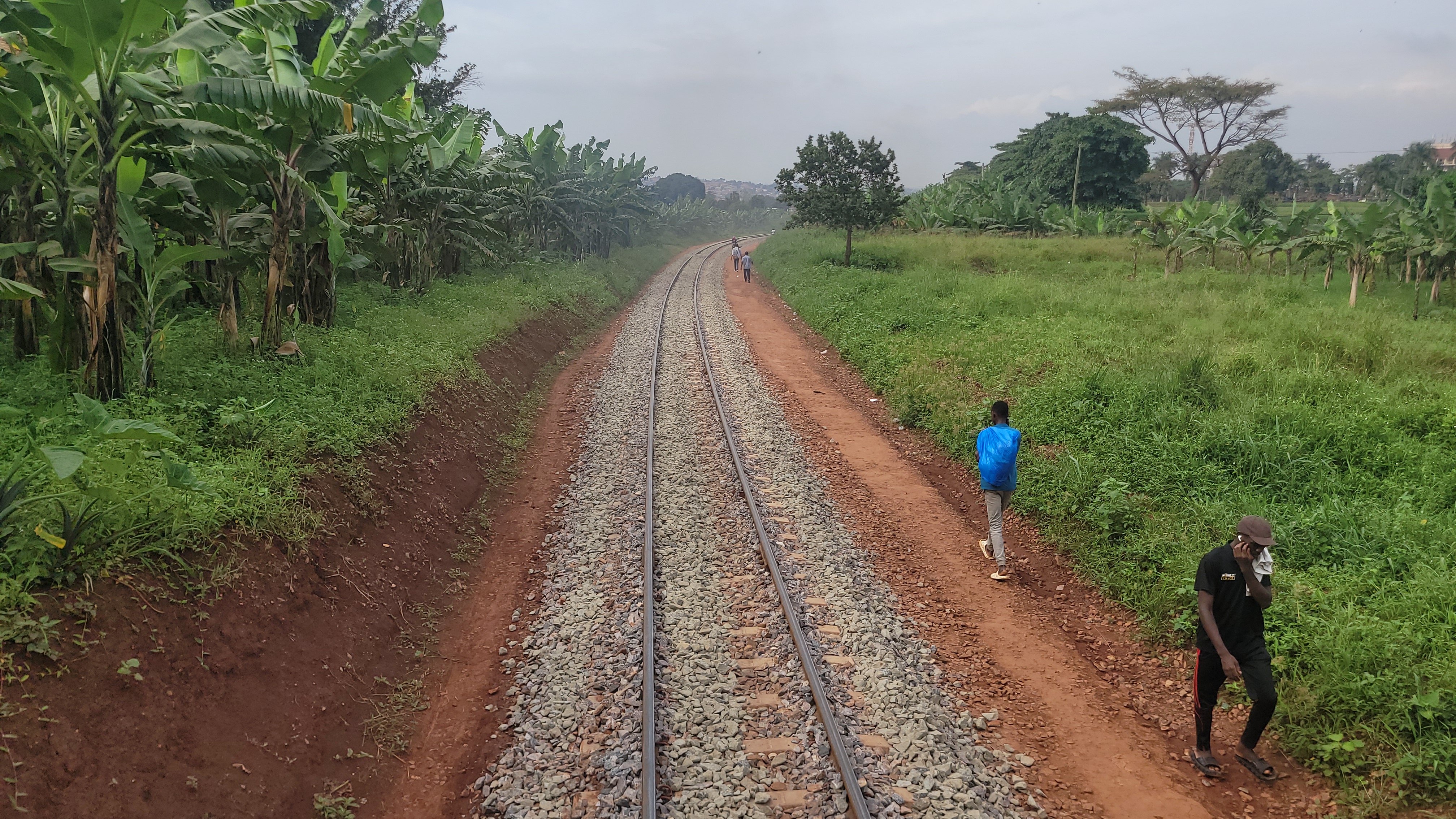Boda Boda Industry Riding Uganda's Economy
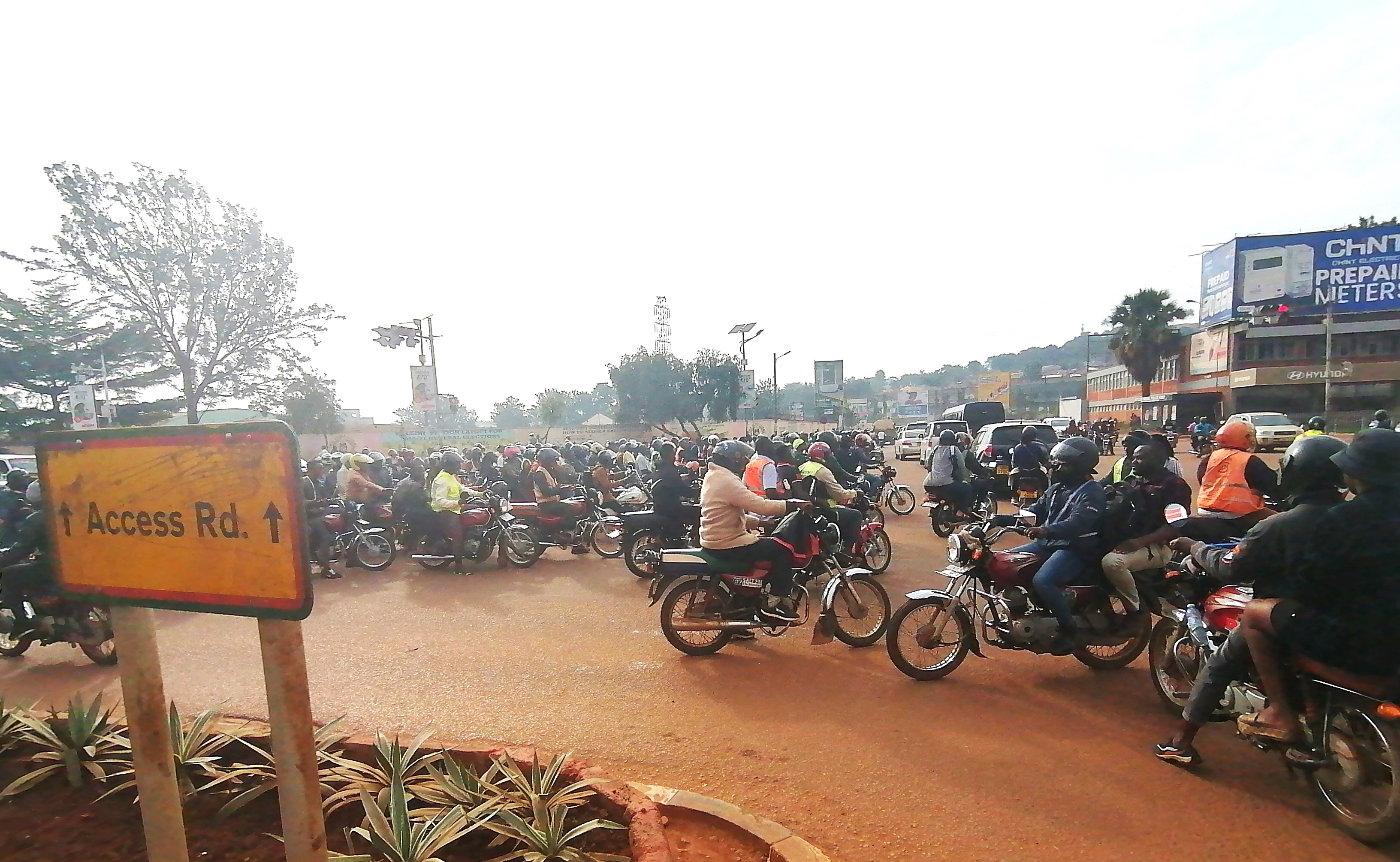
HECTIC: Boda-boda taxis jostle for space at peak hour in Kampala on Feb.19. BUSINESS EDGE PHOTO/E.KAYIWA
Mr. Freddie Ssewankambo wakes up before dawn daily. He dresses up quickly, takes a cup of tea then kick-starts his Bajaj Boxer motorcycle and sets off from Mukono to join the thousands of boda boda riders on the streets of Kampala City.
By 8:00 am, Ssewankambo has made at least UGX20, 000, which he sends to his wife for the family's daily needs at home. At his stage in Wandegeya in Kampala City, the former teacher deposits UGX10, 000, his daily savings, into an account he holds with a microfinance institution, and then proceeds with his daily work.
At the stage with about 30 riders, the chairperson acts as head of the stage SACCO, to which each member contributes a mandatory UGX5, 000 each day. This acts as their emergency fund. On a good day, Ssewankambo says he makes up to UGX100, 000 completely tax-free, which is not bad in a country where even top executives would count themselves lucky to earn UGX3 million a month.
- "I have used my savings over the years, to pay tuition for my children at good schools, and build a house for my mother back in the village, which to me is a very big achievement," he says.
Such a daily windfall is what has caused the number of motorcycle taxis to skyrocket over the years, currently estimated to employ around 1.2 million youths nationwide, with total incomes exceeding UGX16 trillion per year.
Moses Sserukenya, another boda-boda cyclist from Seeta in Mukono District, says that from their SACCO, they are able to borrow money from a microfinance institution to acquire new motorbikes, in a move meant to expand their incomes and create employment for other unemployed youths.
- "We normally get motorcycle loans of up to UGX5 million, and have each other for guarantors. Normally, the old motor bike logbook acts as collateral. It is through such means that I have been able to own three bikes now," he said.
They have also been able to acquire other assets such as cattle, plots of land, houses, and omnibus taxis, while others have started small businesses for their wives. What all this shows is that the boda-boda industry has important linkages to other key sectors in the economy.
and education to trade, real estate and agriculture. According to the Kampala Capital City Authority (KCCA), the number of officially registered riders in the city is presently estimated at about 200,000 operating from approximately 5,000 stages. However, many more unregistered Boada-Bodas enter the city every day.
With the unemployment rate in Kampala hovering at more than 10 per cent, according to the Ugandan Bureau of Statistics (UBOS), hundreds of riders only expected to continue joining the Boda-boda business.
And motorcycle importers and traders will continue to cash in. According to Ministry of Trade and Industry statistics, Indian-made bikes (Bajaj, TVS and Hero brands) form 87% of the total population of motorbikes in Uganda. These are mostly imported by Verma Co Ltd, Nish Auto Ltd, Mantra Motorbikes East Africa Ltd, Simba Automotives, Yuvraj International, and Eagle General Traders, among others.
- Most of the boda-bodas are loaned by microfinance institutions such as Pride Microfinance, Centenary Bank, Finca, Finance Trust Bank, and SACCOs, which give the bikes out on hire purchase. However, some of Indian suppliers such as Verma Co, Nish also offer boda-boda credit facilities.
- The popularity of motorcycle taxis may be linked to traffic congestion due to the poor state of roads, which the motorcycle can navigate faster cars, buses and taxis. The popularity of the Boda-Boda as a money maker has attracted a number of corporate workers and executives to venture into the once down-looked industry, as a side hustle.
According to Henry Ssenkaaba, a spare parts operator in Kisekka Market, many of the motorbikes operating in the city belong to white-collared (corporate) Ugandans. "The rider is either given a loan, where he pays a certain amount until it becomes his, or they are simply given an amount to give the 'boss' every day," he explains.
As a side business he says, the owner buys the motorbike at about UGX6 million and receives UGX20,000 daily from the rider, which translates into more than UGX12 million in two years. "This means its profitable business, but it needs patience because the money doesn't come at once," he notes, adding that the risk of financial loss is also extremely high.
Last year, Uganda imported approximately 96,000 motorbikes from India, China and Japan, although the bulk (87%) came from India. Each of the bikes paid import duty of 25%, VAT of 18% and Withholding tax of 6%. This means Uganda earned approximately UGX334 billion in revenue from motorcycles alone. Among the common challenges in the industry is astronomically high accident rate, whereby according to the Uganda Police traffic report for 2023, boda-boda accidents make up 80% of all road accidents ountrwide. While the boda - boda business could be a ticket to achieving dreams, it is also a highly risky and dangerous occupation due to lack of adequate regulation bt the government.



